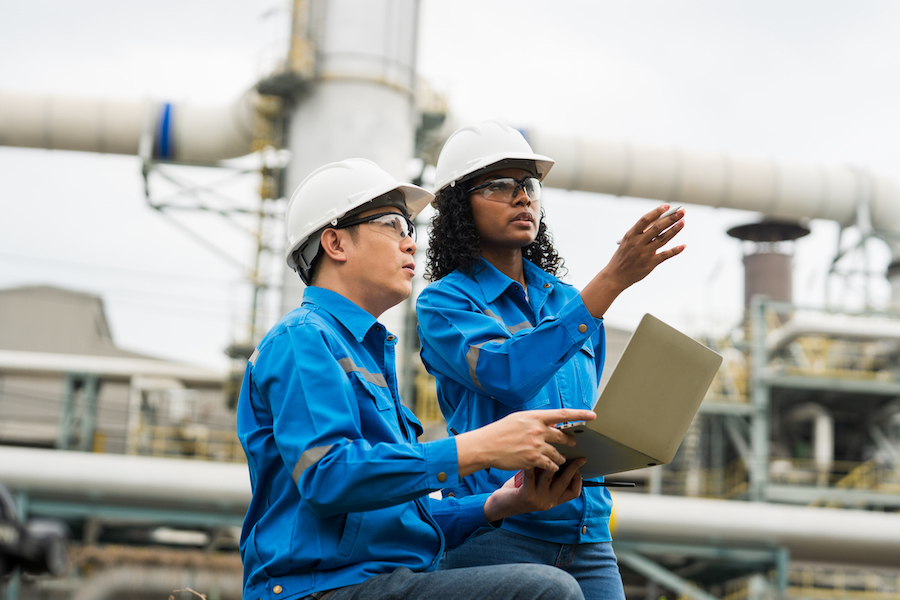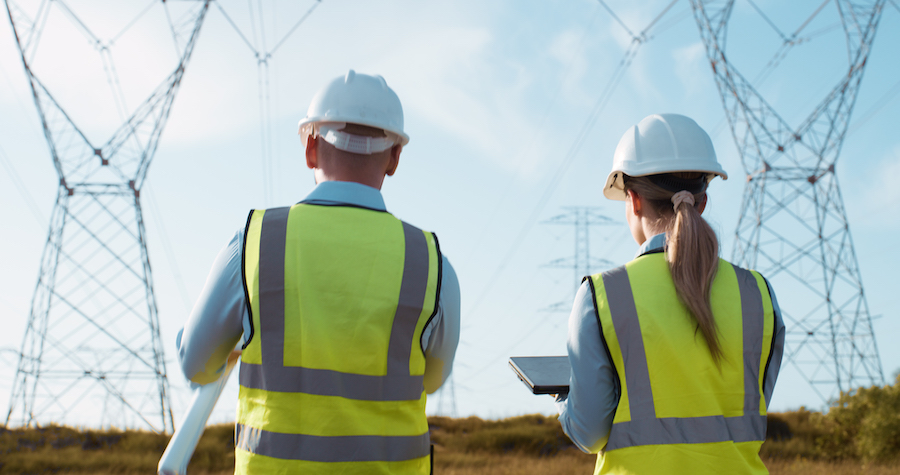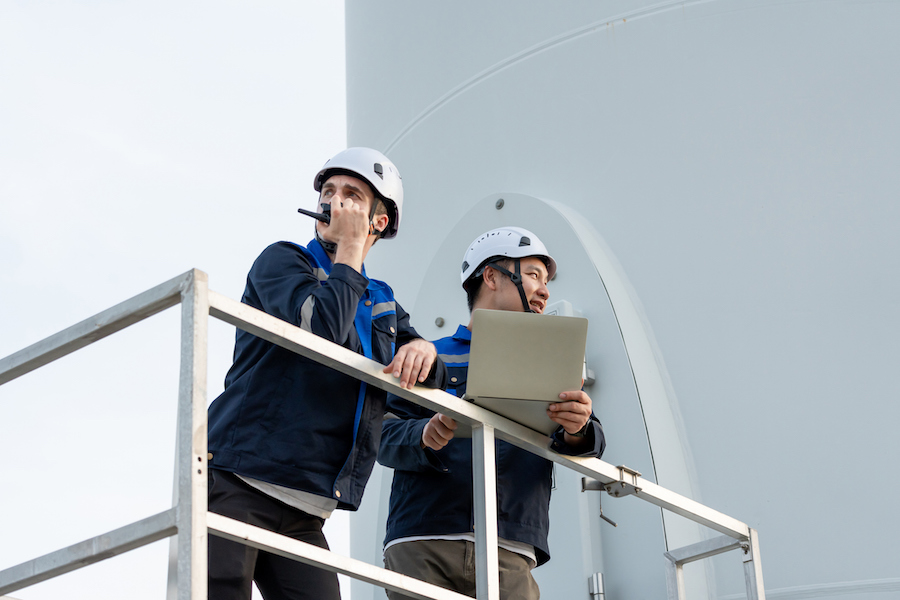
As Australia accelerates its shift towards net-zero emissions by 2050, our energy industry is being reshaped from the ground up with ripple effects felt across infrastructure, investment, technology, and most importantly, people.
While the sector has demonstrated remarkable resilience and innovation, large-scale organisational restructures are becoming an inevitable part of the transition. And how energy companies support their people through this change will be a defining factor in both their business success and social license to operate.
Driven by the urgent need to address climate change and modernise outdated infrastructure, Australia is rapidly scaling its renewable energy capabilities. The Australian Energy Market Operator (AEMO) forecasts that by 2030, wind and solar capacity in the national grid will triple, rooftop solar capacity will double, and storage will increase sixfold.
This transformation is backed by significant government investment. Programs like Rewiring the Nation are channelling billions into modernising grid infrastructure and bringing clean, affordable power to cities, towns, and regional areas. Coal-fired power plants, once the backbone of Australia’s energy mix, are being phased out, replaced by large-scale solar farms, wind projects, and battery storage solutions.
These shifts promise environmental and economic benefits, but they also bring structural challenges, particularly in workforce planning, operational models and role redesign. Legacy systems, skills, and business models must evolve. For many companies, that means restructuring teams, consolidating roles, and in some cases, making difficult workforce reductions.

While the narrative of renewable transition is largely positive, the path isn’t without pain. Thousands of workers tied to traditional fossil fuel infrastructure now face an uncertain future. Longstanding roles, often based in regional areas and connected to coal or gas-fired power, are being phased out. At the same time, new roles in renewable project delivery, technology, and grid management are emerging, but often in different locations or requiring different skill sets.
This presents a challenge: how do we transition not just our energy sources, but our people?
The truth is, a just and sustainable energy transition isn’t just about megawatts and emissions targets. It’s about ensuring those who built Australia’s energy backbone aren’t left behind in the process. That’s where the role of career transition and outplacement coaching providers becomes critical.
Outplacement coaching provides tailored support for employees impacted by organisational change offering guidance, tools and confidence to move forward in their careers. In the context of Australia’s energy transition, it offers more than just job search assistance, it becomes a bridge between industries, roles and futures.
Here’s why career transition matters now more than ever in the energy sector:

Australia’s journey to a net-zero energy future is essential, but it’s also complex. As technology accelerates and infrastructure modernises, organisational structures must follow suit. But with every shift in systems comes a shift in people, and those transitions require thoughtful, strategic support.
Outplacement coaching offers more than career support, it offers continuity, capability-building and confidence at a time when the future feels uncertain.
Change is inevitable within the energy sector. But with the right support, make sure no one gets left behind.
We’re here to help if you’re looking for thoughtful, people-first outplacement support. Get in touch with our team to learn more.